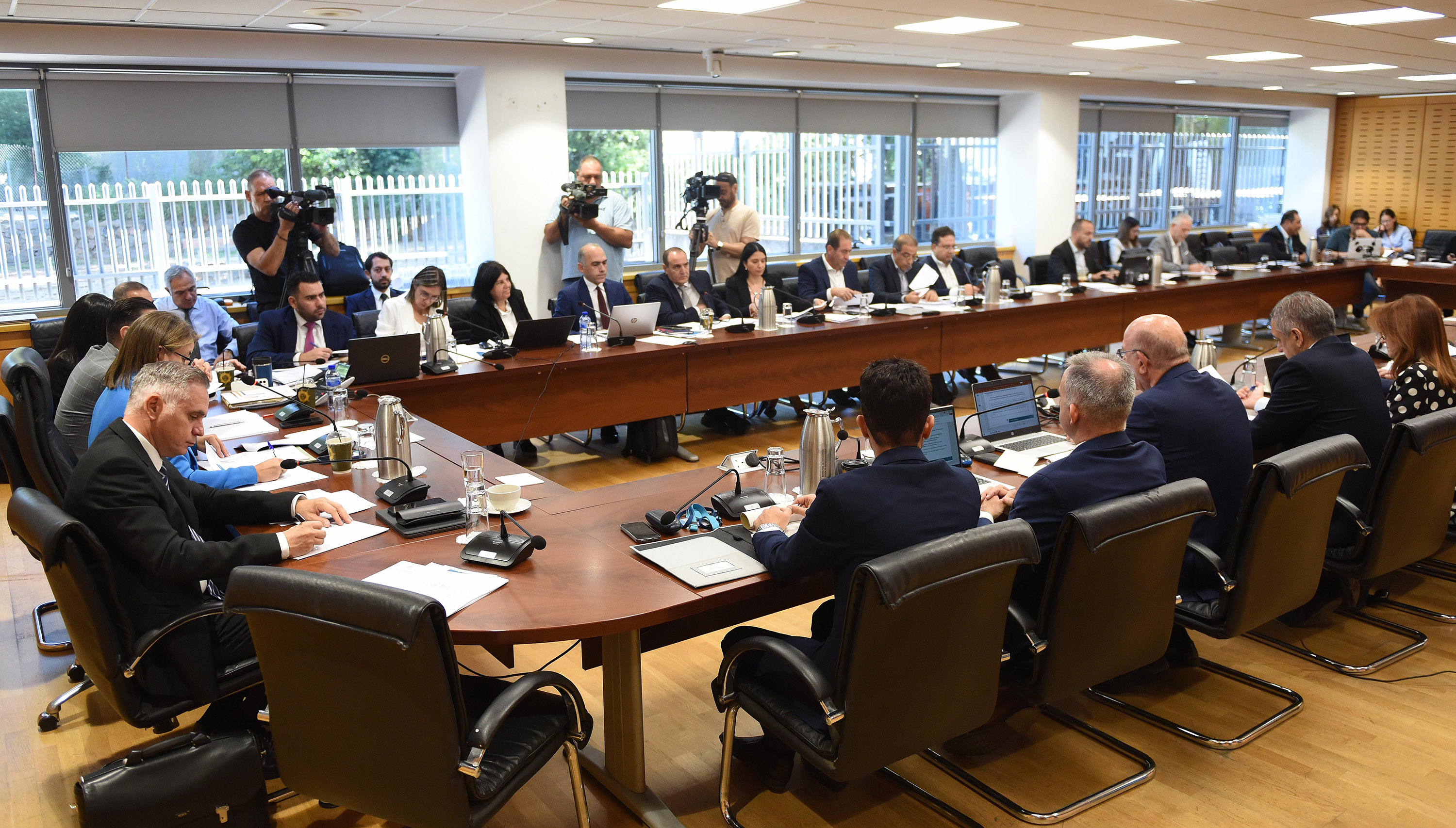Opposition parties on Monday generally gave the thumbs-down to government policies as elucidated in the state budget for 2026, noting that although some key economic indicators are positive, these do not reflect the true state of the economy or people’s welfare.
At the House finance committee, following a presentation of the state’s balance sheet by the finance minister, MPs from parties of the government coalition praised the administration’s policies.
Diko’s Christiana Erotokritou said the budget “is moving in the right direction, maintaining fiscal stability”.
She highlighted the decline in public debt as a percentage of GDP. The MP recalled that, under current EU rules, countries with a public debt over 60 per cent of GDP, and a deficit above 3 per cent, automatically are placed under monitoring.
Cyprus’ debt-to-GDP ratio is under that 60 per cent threshold.
“The Cypriot economy and the Cypriot people have bad memories of being not just under monitoring, but even worse situations,” Erotokritou added, alluding to the 2013 financial meltdown and its aftermath.
Harris Georgiades, with the opposition Disy party, noted the “good state” of the economy.
But he cautioned: “Mistakes are made in good times”.
Here, he was referring to the growing public payroll, which he said increases at a rate of approximately €1 billion a year.
“Meanwhile, important reforms do not materialise, only get spoken about, while development projects are delayed or end up deadlocked.”
The mooted electricity interconnector with Greece was one such project, Georgiades said, accusing the administration of “double speak” on this matter.
Another criticism of his related to defence spending – just 1.7 per cent of GDP in Cyprus, compared to around 3 per cent in the rest of Europe.
“Growth and security, as well as meeting the needs of society, are not achieved with words and PR, but rather with decisions, measures and an ongoing reform drive,” he noted.
For his part, opposition Akel’s Andreas Kafkalias said that in 2025 the economy continued to register a positive performance as far as key economic indices go.
“But these indices are not reflected in the real economy.”
According to the MP, income inequality continues to widen, the cost of living is rising, housing has become unaffordable for many and “conditions are difficult for a large cross-section of society”.
Kafkalias complained that “the fundamental contrast between profit accumulation and stagnant wages continues to be the main modus operandi of our economic model”.
The Akel deputy described the government’s proposed tax reform as having “the wrong philosophy.”






Click here to change your cookie preferences